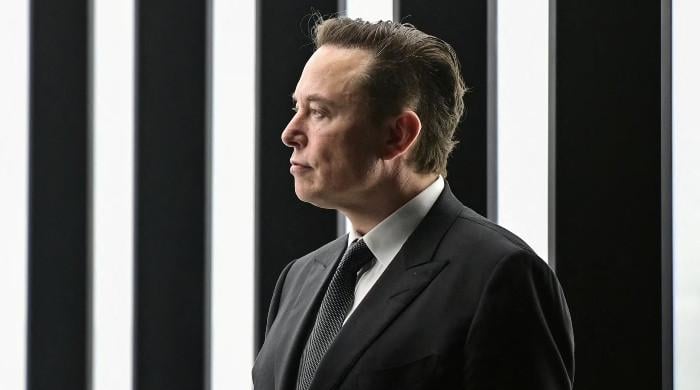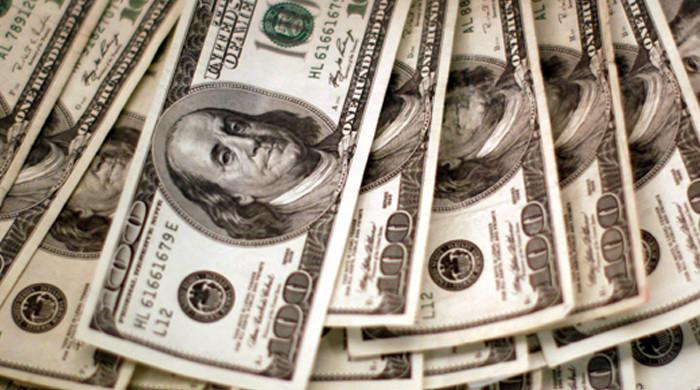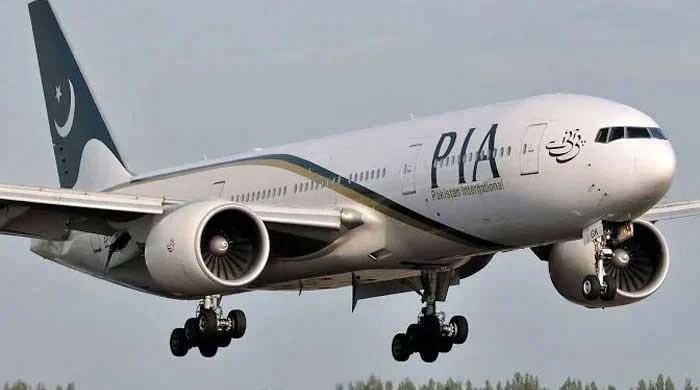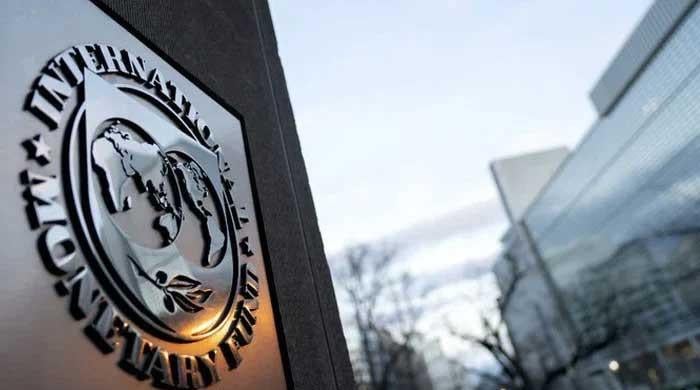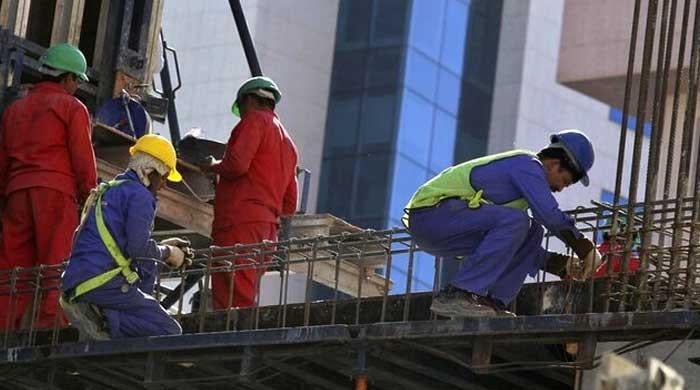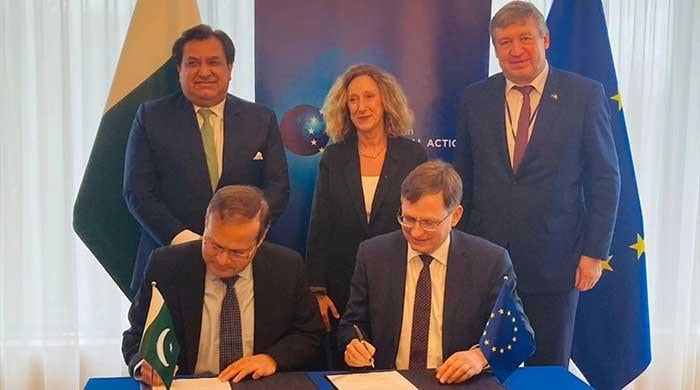Alarms raised as food prices push CPI inflation to record 38% in May
Food inflation in urban areas jumps by a whopping 48.1% in May 2023, while rural areas see 52.4% increase in consumer prices YoY
June 01, 2023
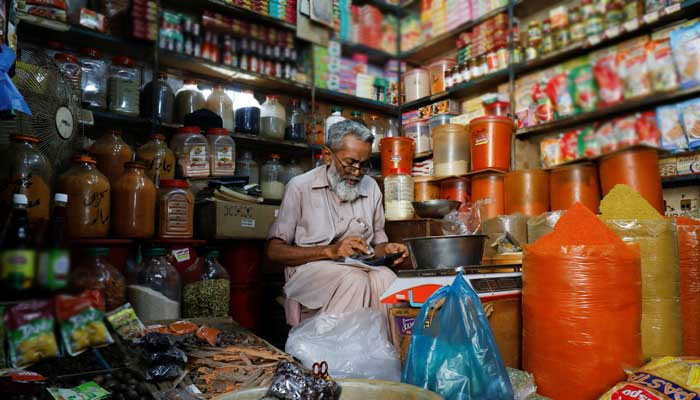
- Inflation clocks in 1.6% on month-on-month basis.
- AHL says reading takes 11MFY23 average inflation to 29.2%.
- Pakistan's inflation outstrips Sri Lanka's annual rate of 25.2% in May.
The consumer price index (CPI)-based inflation rate in Pakistan surged to a record 38% on a year-on-year (YoY) basis in May 2023, the highest since July 1965 — barring a few years in between due to the non-availability of monthly records).
Pakistan Bureau of Statistics (PBS) data showed that CPI-based inflation hit 36.4% in April 2023, while it increased 1.6% in the month of May month-on-month (MoM).
“This reading takes 11MFY23 average inflation to 29.2% compared to 11.3% in 11MFY22,” brokerage Arif Habib Limited noted in a report.
The food inflation in urban areas jumped by a whopping 48.1% in May 2023 compared to May 2022, while the rural areas saw a 52.4% increase in consumer prices year-on-year.
Arif Habib Limited Economist Sana Tawfiq, while noting that inflation reached record levels, stated that on a month-on-month (MoM) basis "inflation clocked-in higher, up 1.6%".
The analyst told Geo.tv that the MoM jump was primarily due to high food prices, household items and clothing.
She added that core inflation continues to rise and crossed 23% YoY during the outgoing month.
"We expect headline numbers to recede from June onwards with base-effect kicking in. However, domestic food and energy prices as well as further currency devaluation remain key risks to the overall inflation," Tawfiq warned.
The latest 38% rise tops that of Sri Lanka, which posted annual inflation of 25.2% in May.
Inflation has been on an upward trend since early this year after the government took painful measures as part of fiscal adjustments demanded by the International Monetary Fund (IMF) to unlock stalled funding, which still has not been disbursed.




